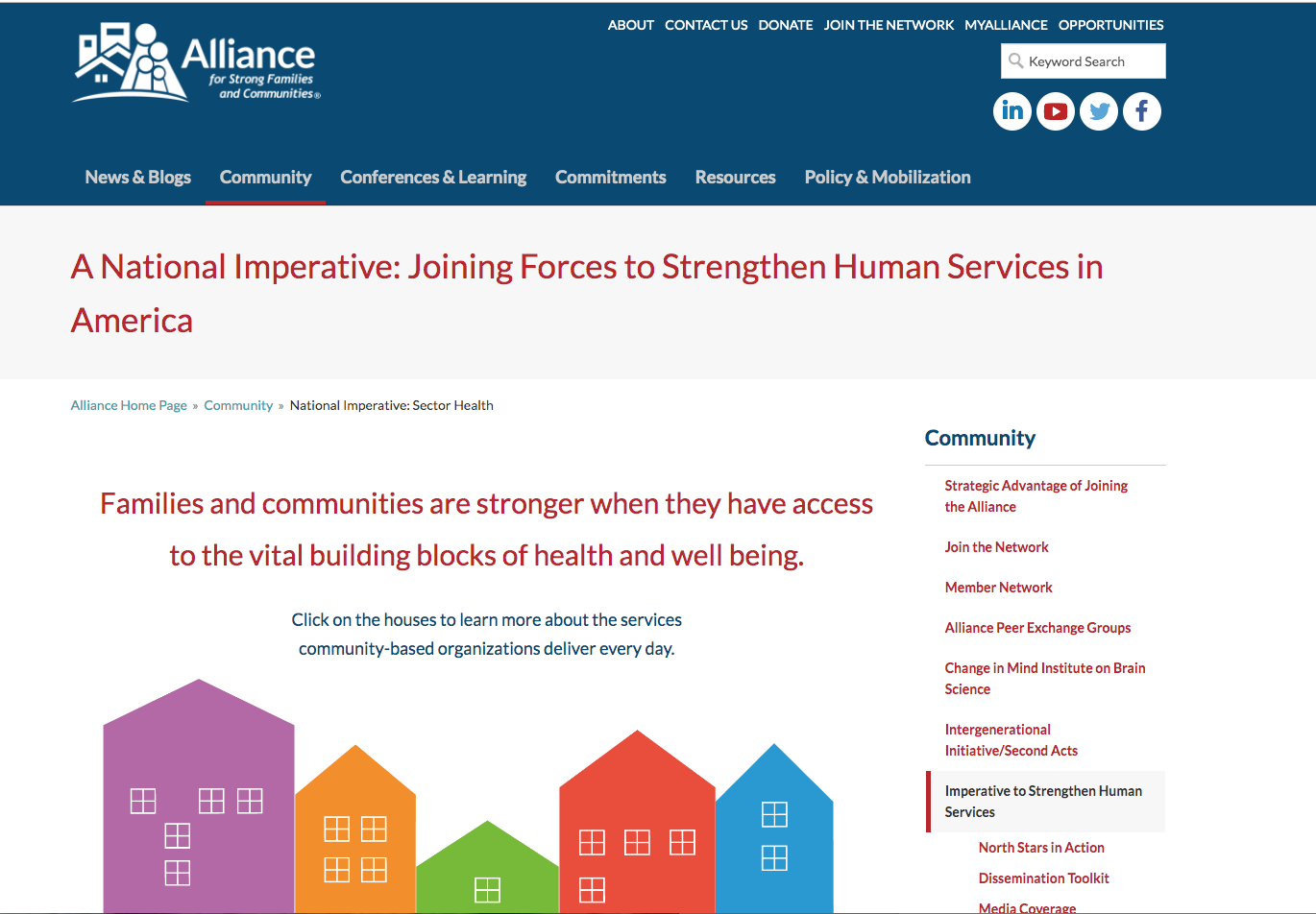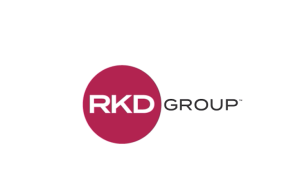This past September, five of the nation’s top foundation leaders announced a change in the way they intend to fund their grantees. The announcement came from the CEOs of the Ford Foundation, Hewlett Foundation, John D. and Catherine T. MacArthur Foundation, Open Society Foundation, and the David and Lucile Packard Foundation. Those foundations are among the nation’s largest philanthropic organizations.
In an effort to address the chronic underfunding of grantees, including community-based human services organizations (CBOs), they announced a change to grant-making rules that will enable funding for CBOs’ full and essential operating expenses. These expenses include rent, wages, technology investments and other costs that are essential to the ability of CBOs to meet their mission and achieve their goals.
As Julie Stasch, former CEO of the John D. and Catherine T. MacArthur Foundation noted in her announcement: “The more that foundations pay constructive attention to this issue, the stronger the social sector as a whole will be.”
This move comes as good news to the human services sector as it directly responds to one of the major findings and recommendations in the groundbreaking report, A National Imperative: Joining Forces to Strengthen Human Services in America. The report, commissioned by The Alliance for Strong Families and Communities and American Public Human Services Association, with lead funding from The Kresge Foundation and The Ballmer Group, highlighted the financial challenges faced by human services CBOs.
Human services CBOs have labored under mounting financial stresses that impede their ability to achieve meaningful outcomes and ensure all people can flourish for far too long. The report, which analyzed more than 200,000 publicly available Form 990 tax filings from roughly 40,000 human services CBOs, found that half of all CBOs reported persistent operating deficits and one in three had less than one month of operating expenses on hand. The cause and solutions are many and CBOs and their philanthropic and public sector funders share responsibility for change.
Among the report’s additional findings and recommendations:
* There is a lack of understanding about the importance and impact of human services CBOs and a mistaken perception of these organizations as charities that are ineffective, poorly managed, and simply provide “handouts.”
* Operational shortcomings exist across the full human services ecosystem, including a lack of integration, limited data sharing, low collaboration, and difficulty in measuring return on investment (ROI) and outcomes.
* CBOs experience financial stress and a lack of cash liquidity and the ability to make necessary investments for higher performance, partly due to the fact that government and philanthropic funding often fail to cover the full cost of providing services or restrict how that funding can be best used.
* There is a lack of capital for investment in technology and talent, which limit opportunities for innovation, research, data sharing, and integration of systems.
* Increased responsibility is needed among CBOs for their financial health and the importance of more mergers, affiliations, and generative partnerships to leverage their shared purchasing power.
Despite these findings, the report struck an optimistic tone, laying out five “north star” recommendations that include specific ways we can come together, share responsibility and ensure our communities are equipped to help all people succeed and live full, productive and happy lives.
Imagine the impact in our communities if CBOs were fully supported. Children, youth and their families will have better access to early education opportunities and the building blocks they need to succeed in school and in life. Older adults and people with disabilities will be able to maintain a higher quality of life and independence. Workforce supports will ensure that all people are gainfully employed with the opportunity for social and economic mobility. Quality affordable housing will be available in neighborhoods that are safe and thriving. All individuals will experience improved health outcomes and as a result, we will see the overall cost of the deep end of our health care and human services system decline at a population level so we can invest more in prevention and earlier interventions that work. People will have access to the mental health services and supports they need. Substance abuse services and supports will play a significant role in mitigating the impact of our nation’s addiction epidemic.
These are just a few of the ways in which human services CBOs address the social determinants of health which enable all people to lead healthier and more productive lives, thus benefiting broader society directly. Thanks to the five CEOs who recognized the importance of investing in human services CBOs, these organizations’ leaders will be freed to take a page from corporate America’s playbook. They will be enabled to focus on outcomes and return on investment, to develop their capacity to innovate, to identify more modern and technology-infused ways to meet the goals of their communities, and to seek generative partnerships that can leverage assets and achieve better outcomes. These five CEOs have paved the way for other philanthropic and government sectors to rethink the ways in which they invest in CBOs to ensure they can continue to help all Americans achieve their fullest potential. We applaud them for their vision and encourage others in the grant making sector to follow their lead and provide the resources CBOs need to make a lasting and vital impact in the lives of all Americans.
*****
Susan N. Dreyfus is president and CEO of the Alliance for Strong Families and Communities, a strategic action network of social sector organizations that has a national reach in thousands of communities across America.








